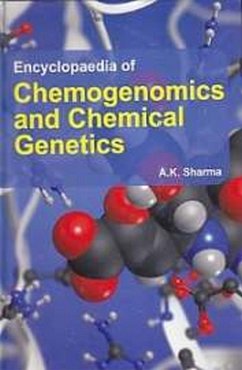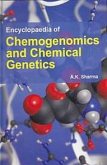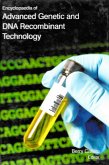Chemogenomics is the systematic screening of targeted chemical libraries of small molecules against individual drug target families with the ultimate goal of identification of novel drugs and drug targets. Typically some members of a target library have been well characterized where both the function has been determined and compounds that modulate the function of those targets (ligands in the case of receptors, inhibitors of enzymes, or blockers of ion channels) have been identified. Other members of the target family may have unknown function with no known ligands and hence are classified as orphan receptors. By identifying screening hits that modulate the activity of the less well characterized members of the target family, the function of these novel targets can be elucidated. Furthermore the hits for these targets can be used as a starting point for drug discovery. Chemical genetics is analogous to classicalgenetics where random mutations are introduced in organisms, the phenotype of these mutants is observed, and finally the specific gene mutation (genotype) that produced that phenotype is identified. In chemical genetics, phenotypic screening of chemical libraries is used to identify drug targets (forward chemical genetics) or to validate those targets in experimental models of disease (reverse chemical genetics). In the field of drug discovery, chemical biology is usually defined as the screening of chemical libraries of small molecules in biological systems such as cell lines or whole animals to identify compounds that cause a desirable change in phenotype. This strategy which employs phenotypic screening to identify starting points for drug discovery is also known as classical pharmacology, forward pharmacology, or phenotypic drug discovery (PDD). This encyclopaedia explores innovative ideas in this subject.
Dieser Download kann aus rechtlichen Gründen nur mit Rechnungsadresse in A, B, BG, CY, CZ, D, DK, EW, E, FIN, F, GR, HR, H, IRL, I, LT, L, LR, M, NL, PL, P, R, S, SLO, SK ausgeliefert werden.









